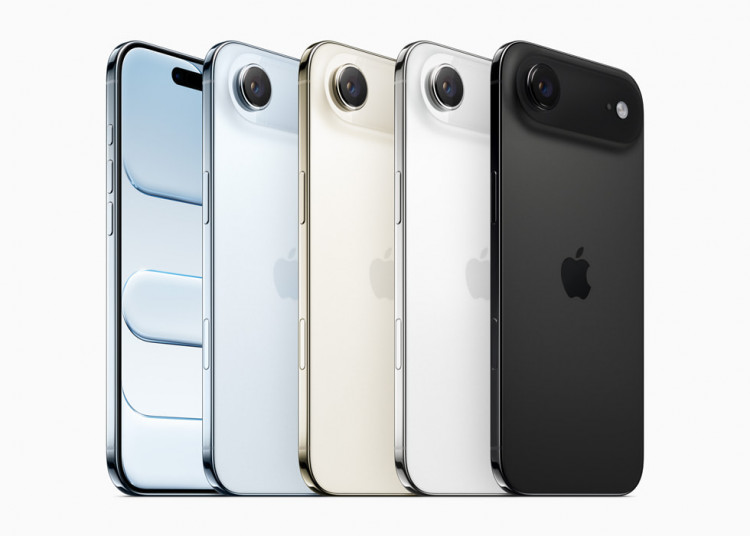Apple CEO Tim Cook pushed back against speculation that the company's latest iPhone price increases are tied to President Donald Trump's tariffs, saying on Friday that "there's no increase for tariffs in the prices to be totally clear." Cook made the remarks during a CNBC interview at Apple's flagship Fifth Avenue store in New York, where he was met by massive crowds celebrating the iPhone 17 launch.
The company raised the price of its iPhone 17 Pro by $100 while holding steady on its entry-level models and introducing a new Air model at a higher price point. Analysts had widely predicted Apple would pass tariff costs on to consumers, but Cook insisted that isn't the case.
To minimize exposure to U.S. tariffs, Apple has shifted a significant portion of its iPhone production to India and Vietnam, away from its historically China-heavy supply chain. The company previously disclosed an $800 million hit tied to tariffs during the June quarter, which Cook said Apple is absorbing while continuing to invest at least $600 billion in U.S. manufacturing and supplier support.
Crowds gathered in New York treated the event like a festival, with CNBC reporter Steve Kovach describing the scene as "10 times what it was this time last year," with "singing" and "dancing" in the store. Cook, joined by Apple's retail chief Deirdre O'Brien, posed for selfies, signed iPhones, and called launch day "our Super Bowl, it's the most important day of the year for us."
Pressed by CNBC's Jim Cramer for preorder details, Cook said it was "early going" but that Apple was "so happy with what we see."
Cook also responded to questions about Apple's artificial intelligence strategy, as competitors have rushed to showcase new AI products. "We have AI everywhere in the phone," Cook said, citing features such as AirPods Pro Live Translation. "We just don't call it that."
Cook briefly discussed Apple's manufacturing academy in Detroit and competition in the semiconductor industry, adding, "Competition is very good for the foundry business. I would love to see Intel come back."






